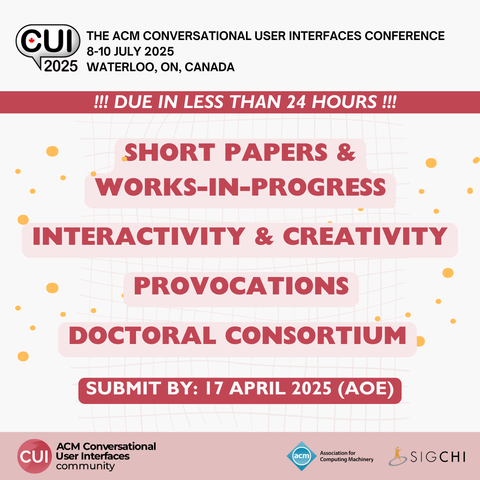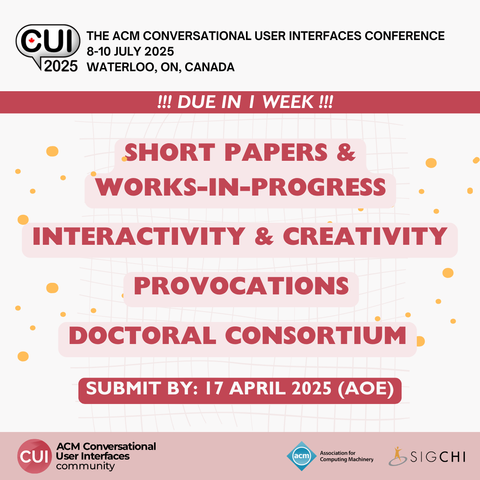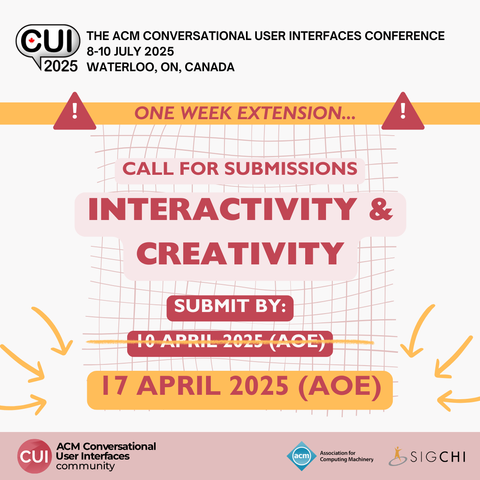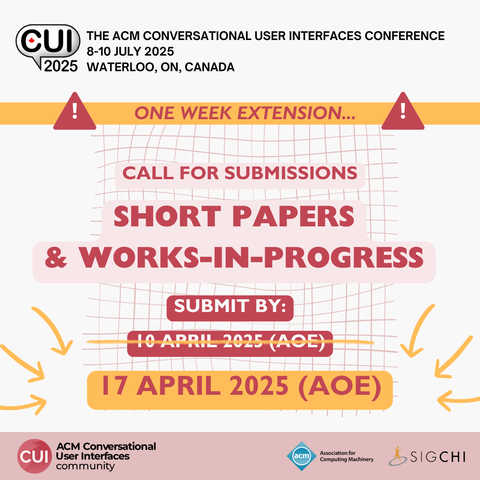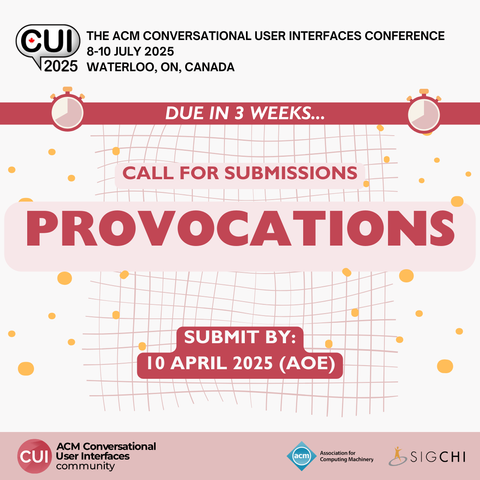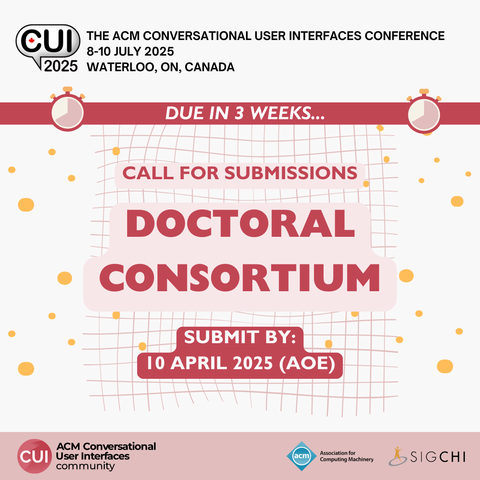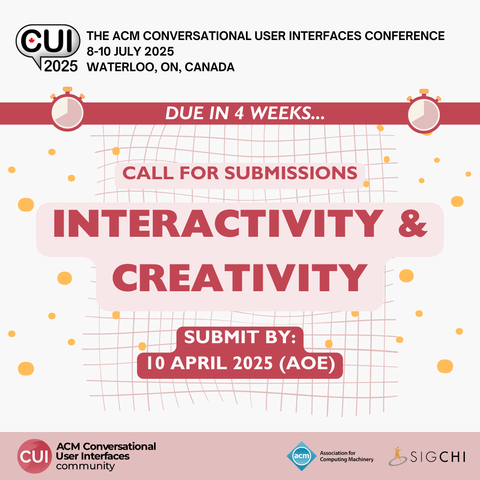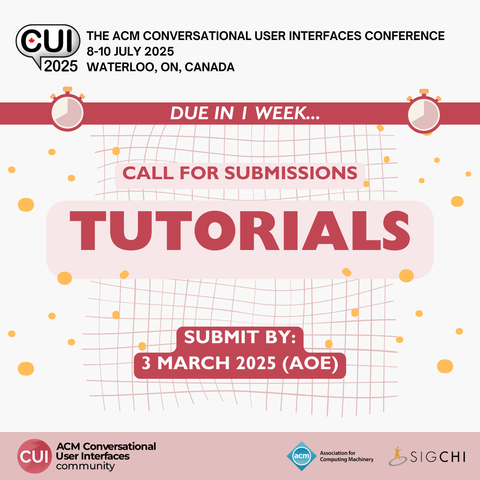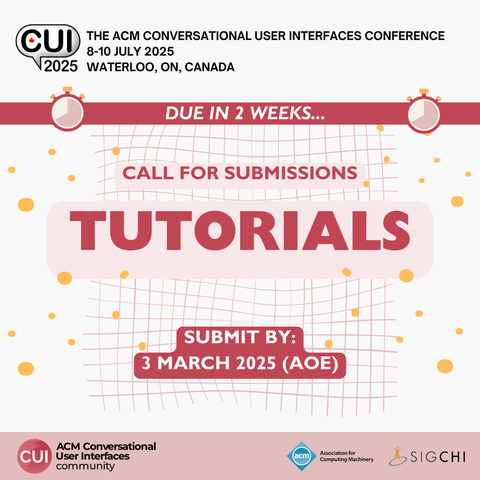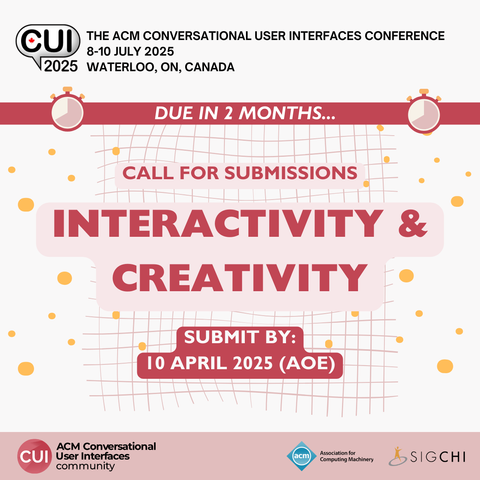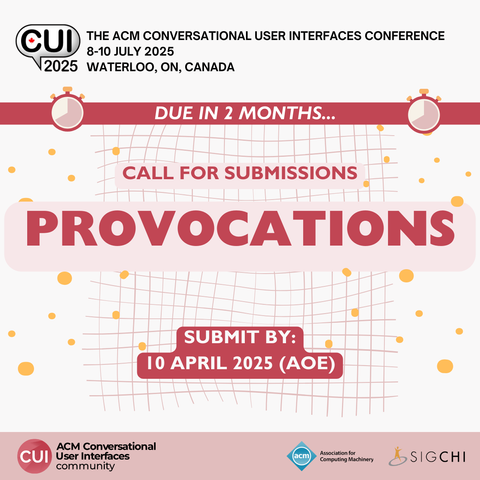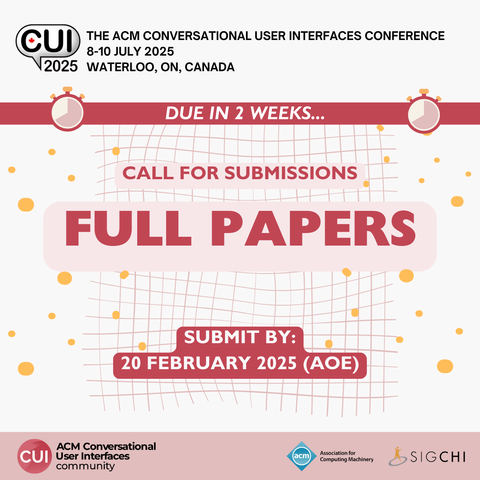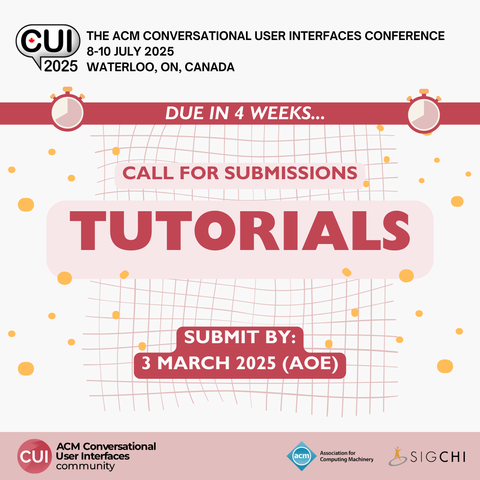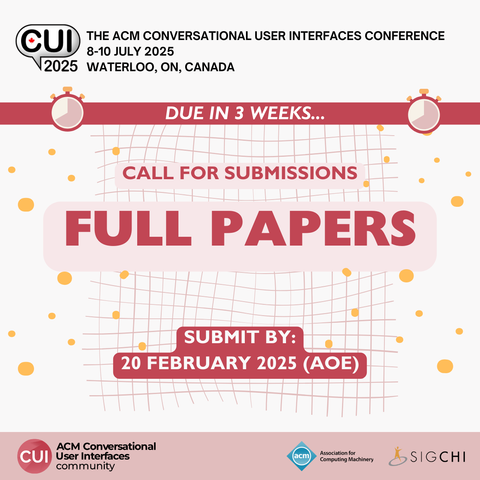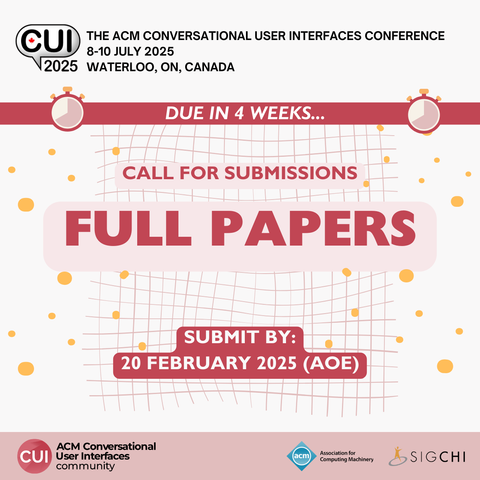How Claude is changing: five observations about Sonnet 3.7
- There’s not really much point in defining a role for the LLM any more. Whenever I use role definitions which were effective in previous models, I now find myself getting frustrated by its rigidity relative to how the base model behaves without starting guidance. In my experience it’s become startlingly effective at inferring the kind of conversation you’re inclined to have, even if you’re not entirely sure what that is at the outset, without prior guidance.
- It’s increasingly adept at asking thought-provoking questions which can help steer the direction of this conversation, with particularly significant results when you are yourself uncertain about what the purpose of the conversation should be. I used to ignore LLM questions as a matter of reflex, regarding them as discursive forth, but I’m increasingly inclined to think about the questions Claude 3.7 asks for intrinsic value and because they guide the ensuing conversation.
- If you want to have a specialised conversation in which you work with complex ideas then it can help to have a general dialogue about these ideas before you try and push it in a certain direction. In effect I’m finding that you can ‘warm up’ the model and it becomes a more effective interlocutor (to talk about, say, Lacanian psychoanalysis or talk through the political economy of LLMs) then if you just dive straight into the initial conversation.
- In effect I think this means you now have to steer the model in the direction you want to go in, in terms of the domain, rather than define a role for it. The risk is that if you don’t do this, you will be steered by the model, which can make their use more accessible but significantly erodes the agency which can be exercised in relation to them. The inclination Claude has had since Opus to infer a domain from specialised vocabulary seems to increased substantially. For example if you want to have a conversation about social ontology with it, the best thing is to simply start talking to it about social ontology (at the level you would in an academic article) before introducing the practical concerns driving the conversation.
- I worry that the existing tendency for divergent experiences depending on cultural capital (the range of symbols available to you, the fluency with which you articulate them etc) in which Claude 3.7 can literally do things for users who can write a lot in a specialised way which it can’t for users who lack these characteristics. For academics it means my core advice from Generative AI for Academics holds even more than it did a year ago i.e. just start talking to the LLM in the way you would a collaborator about your work. But I’m not sure what this means for less specialised users and this concerns me.
#claude #conversation #conversationalAgents #dialogue #prompting
